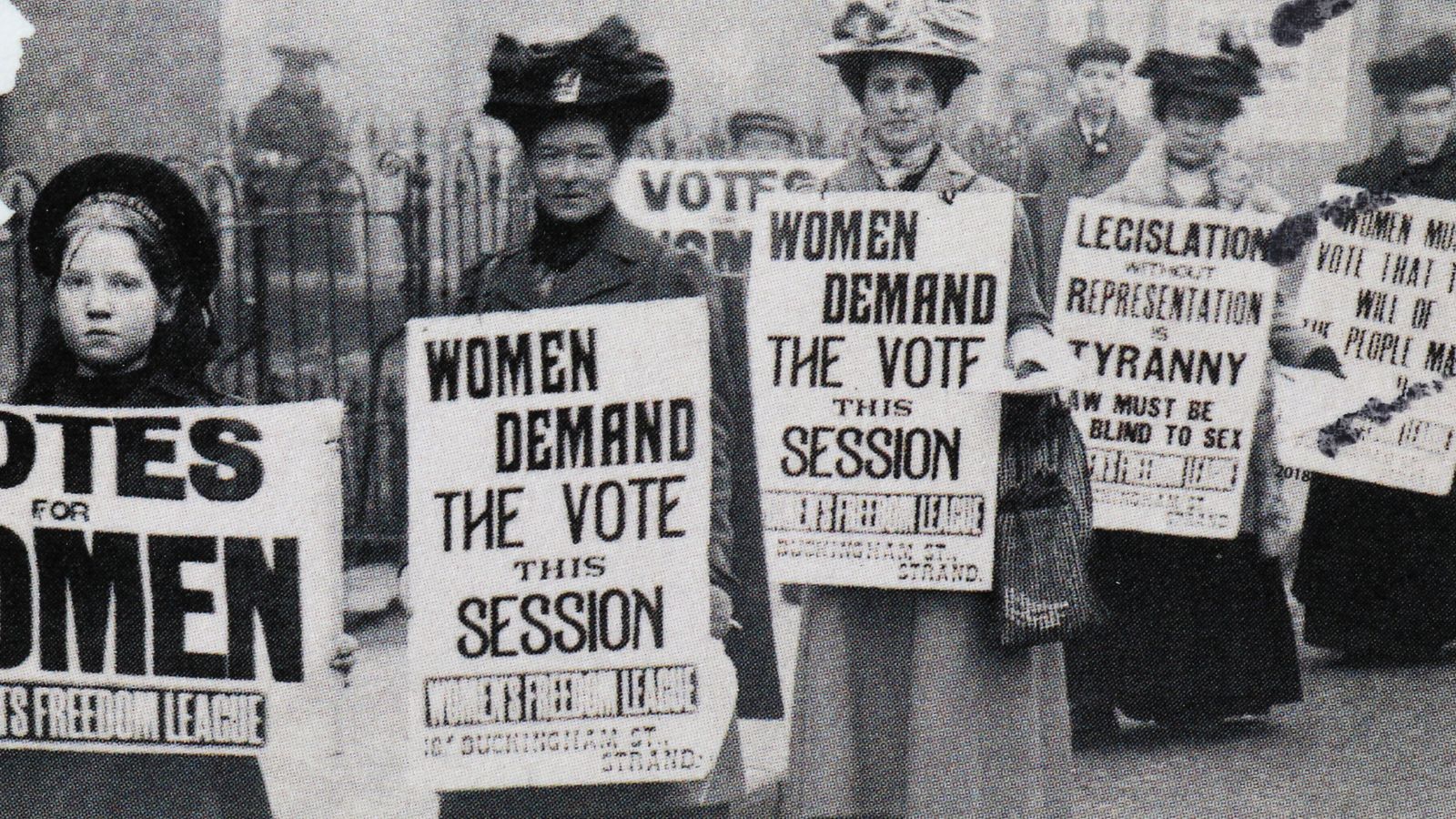Feminist movements across the world influence and shape the political direction of societies, especially when it comes to equality and women’s rights. In Western democracies, the battles women fought to be able to have a political voice are sometimes forgotten. Feminism represents more than just women’s rights; it’s an expression of power and unity by a repressed group, and victories inspire other minority movements. Here are 18 international feminist movements that have inspired and changed the world.
The Suffragette Movement (UK)
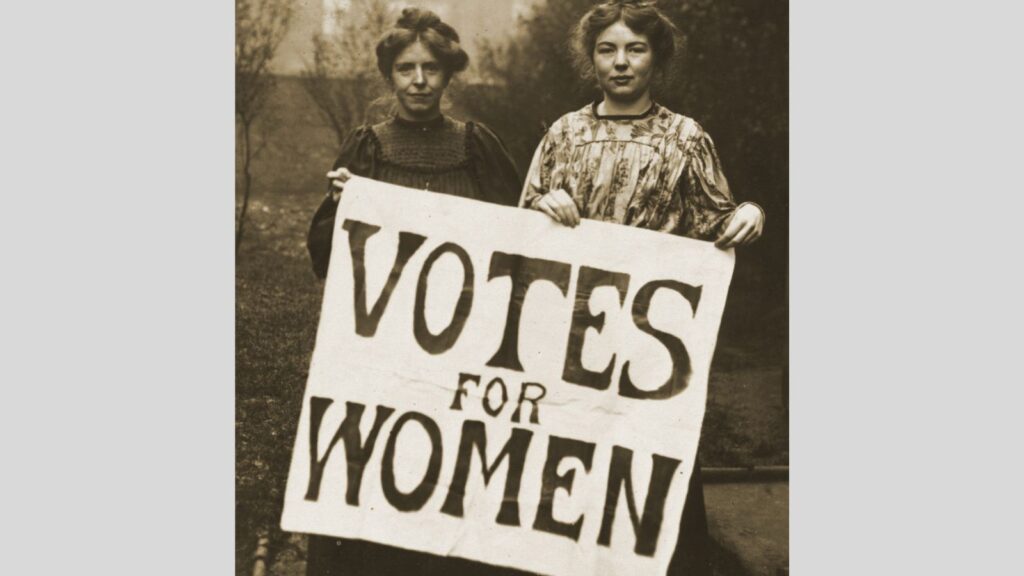
The suffragette movement in the United Kingdom during the early 20th century is synonymous with feminism. Emmeline Pankhurst was born and raised in the industrial city of Manchester, and while working as a poor law guardian, she was shocked at the conditions and levels of poverty within the city. She formed the Women’s Social and Political Union, which took militant action against the government, including bombings and attacks on police officers. She later moved to London and hosted political activists at her home. The actions of the suffragettes led to women over 30 gaining the vote in 1918 and those over 21 being able to vote in 1928.
Women's Liberation Movement (USA)
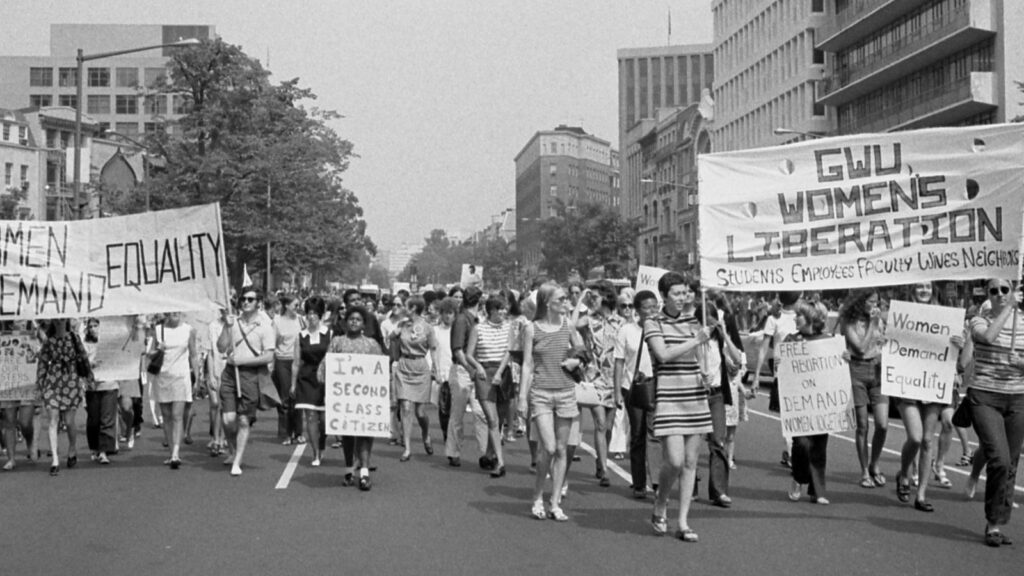
The Women’s Liberation Movement viewed the patriarchal structures of society as the root cause of inequality. Their aim was to educate and free women from this repressive structure, take control of their reproductive rights and gain economic equality. The movement was inspired by the civil rights movements of the 1960s, and the idea of women’s liberation spread across America and Western Europe between the late 1960s and 1980s. Members were portrayed as ‘man-haters’ and were derided for their views. Modern feminism is a product of the brave women who took an active role in fighting against the idea of the traditional woman, who was so ingrained into society.
The French Suffrage Movement
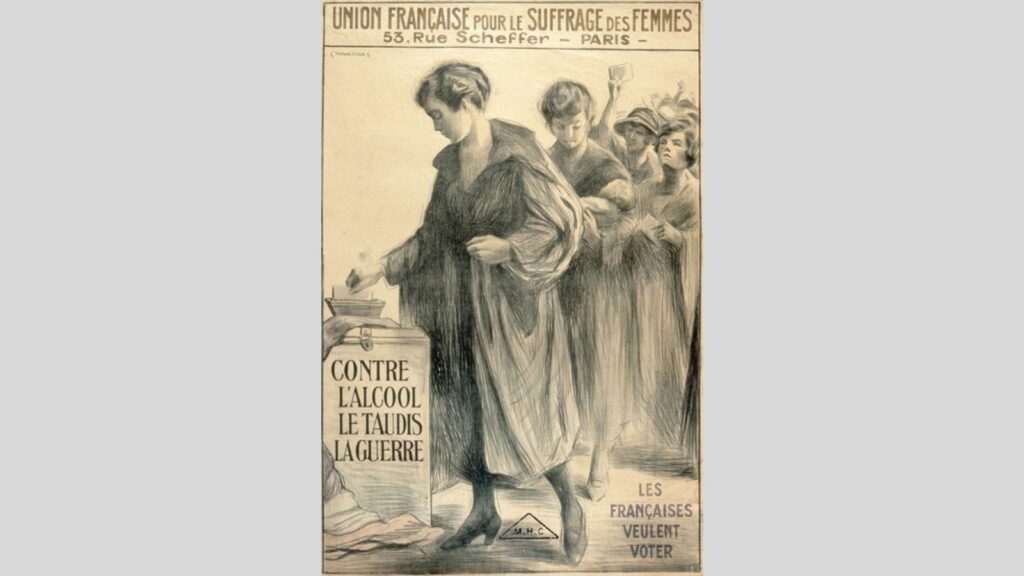
The French suffragettes chose a less militant path than their British counterparts, deciding to pursue women’s suffrage through legal means. Cecile Brunschvicg was made general secretary in 1909, and she continued to play a role until universal female suffrage was granted in 1944. Much of their debate was intellectual, and they refrained from disruptive activities. The suffragettes in France demonstrated the intellectual capacity of women at a time when they were not believed to be equal to men. In a country that values philosophy, it was an effective way to gain liberation.
The Seneca Falls Convention (USA)
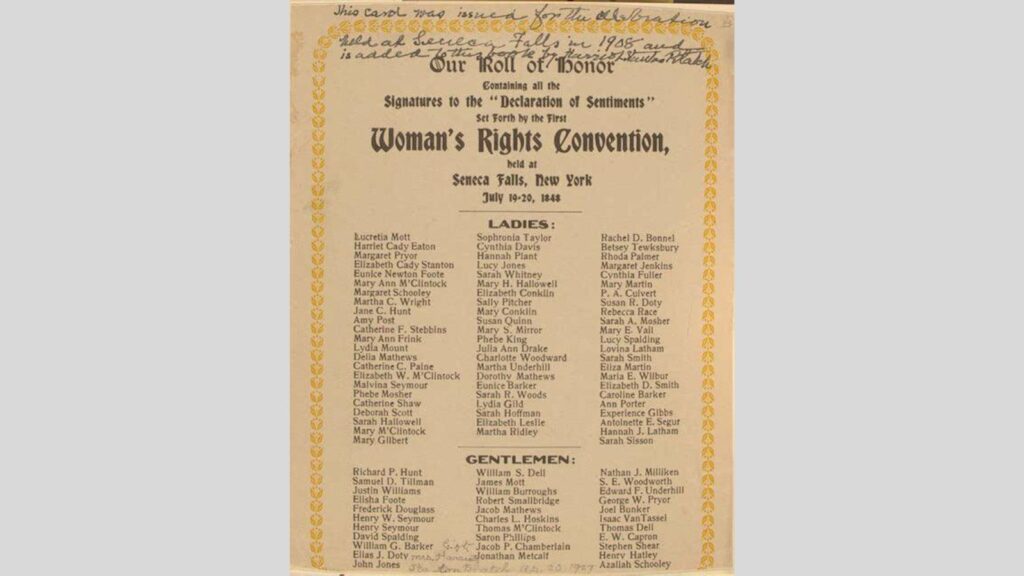
The Seneca Falls Convention was the beginning of the women’s rights movement in the United States. In the 1840s, voices became louder for women to be freed from the control of their husbands and fathers. The meeting was convened at the same time as Quaker Lucretia Mott was in the local area. She had the rhetorical skills to put across ideas, a rarity for women who were given few platforms to speak publicly. The convention is seen as one of the first times the idea of moral and political equality was voiced by women in America.
The Danish Women's Society
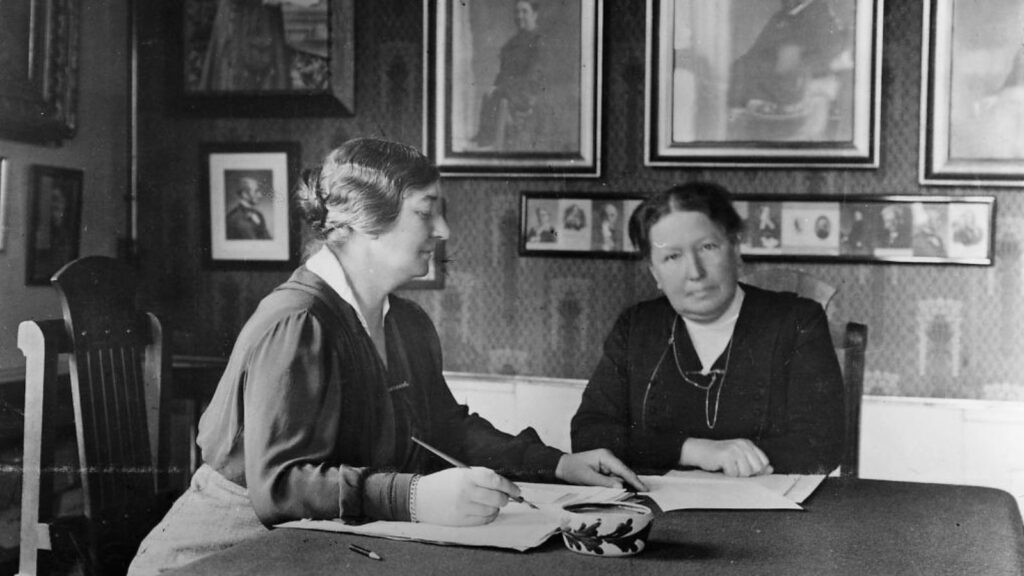
Established by Line Luplau and Louise Nørlund, the Danish Women's Society focused on independence for middle-class Danish women. Danish women achieved suffrage in 1915, after which they shifted towards broader issues such as reproductive rights and gender equality in education and employment. The modern-day equivalent also puts emphasis on LGBT rights.
Women's March on Versailles (France)
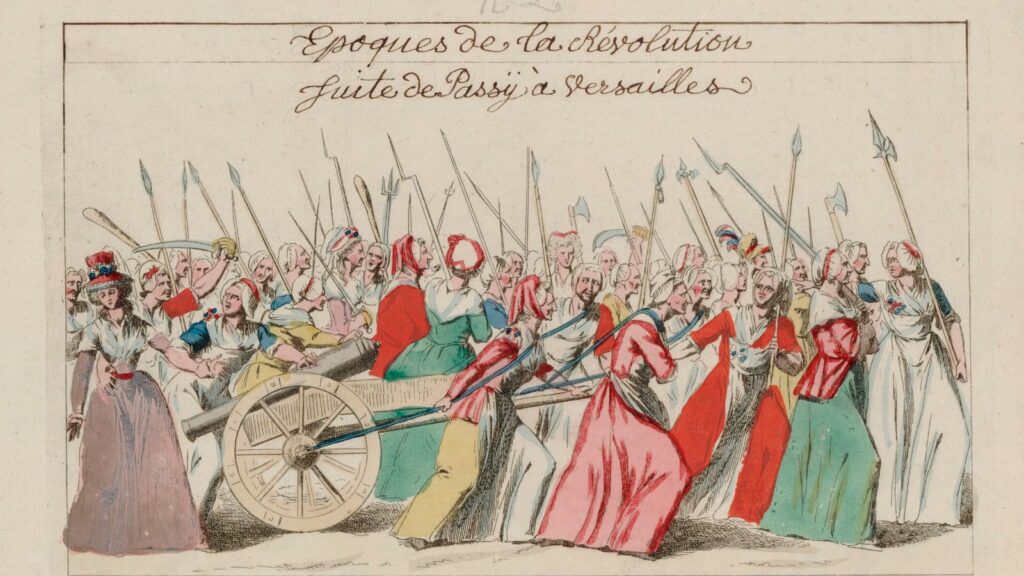
Triggered by economic crisis and food scarcity, the Women's March on Versailles was a defining event of the French Revolution. Encouraged by agitators and revolutionaries, thousands of women marched to the palace demanding bread and political reform. Although it was not spontaneous, something claimed in revolutionary lore, it did inspire others to follow and further agitation led to the formation of the French Consulate. Many of the ideas advocated were the foundations for modern liberal democracy.
The Icelandic Women's Strike
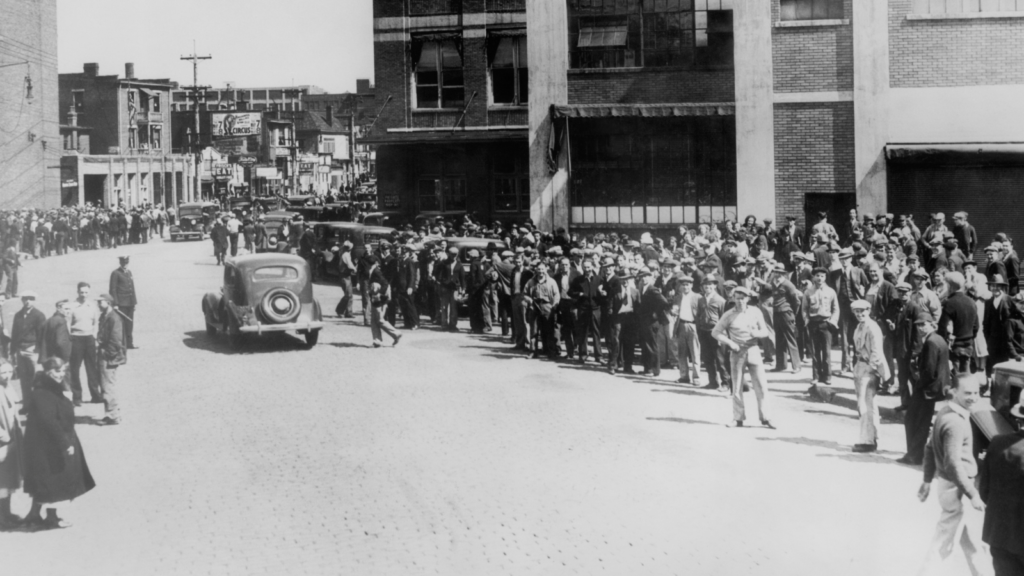
On October 24, 1975, the women of Iceland orchestrated a nationwide strike, “Women's Day Off,” which saw 90% of Icelandic women not going to work and not taking part in domestic responsibilities. This prompted the Icelandic parliament to pass a law the following year to guarantee women’s rights and enshrine equal pay into law.
The Chipko Movement (India)
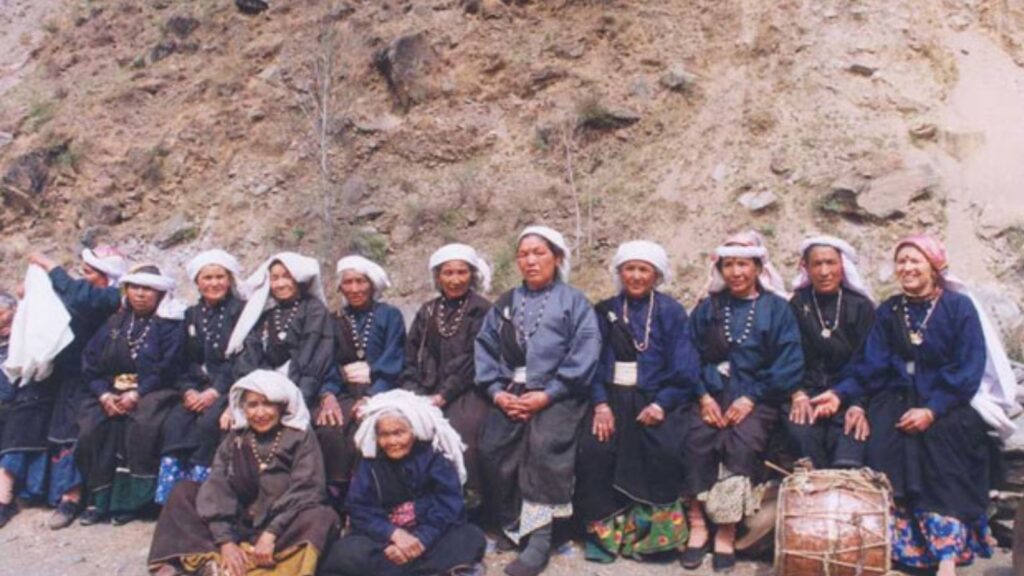
Started in 1973, the Chipko movement is where the term ‘tree hugger’ originated from and is an example of ecofeminism. Rural women in Uttarakhand were the most affected by deforestation and it was they that fought back against a bureaucratic system far from their homes. Their successful fight inspired other movements, and Chipko also took part in protests against limestone quarrying.
Mothers of the Plaza de Mayo (Argentina)
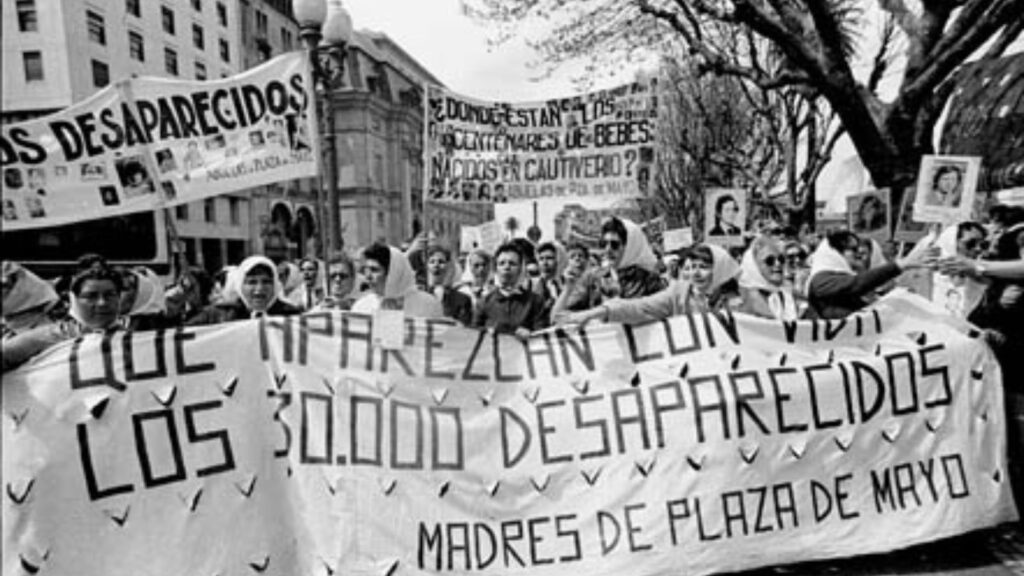
Beginning in 1977, this movement saw mothers and grandmothers of disappeared children protesting against the military dictatorship in Argentina. The junta relentlessly persecuted political dissidents in what is known as the Dirty War. The mothers joined a pilgrimage just outside of Buenos Aires and wore diapers on their heads, on which were written the names of their children. In such a repressive environment, this was an incredibly brave act of defiance. The mothers continued to push for the prosecution of the members of the military government even after democracy was established in 1983.
The Suffrage Movement in New Zealand
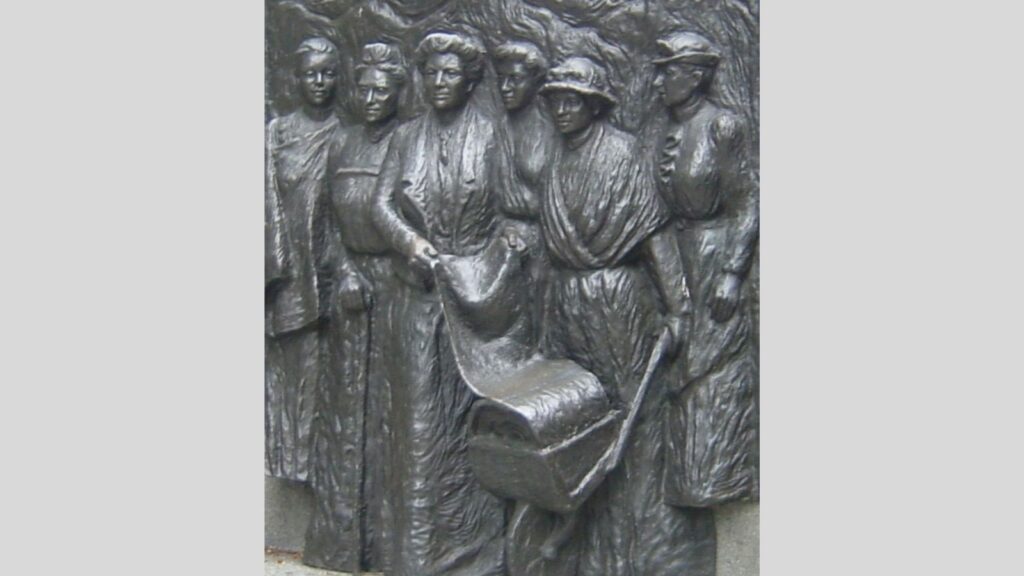
Led by Kate Sheppard, the New Zealand suffrage movement was a well-organized campaign involving petitions and public meetings. In 1893, New Zealand became the first country to grant women the right to vote.
The Women's Rights Movement in Iran
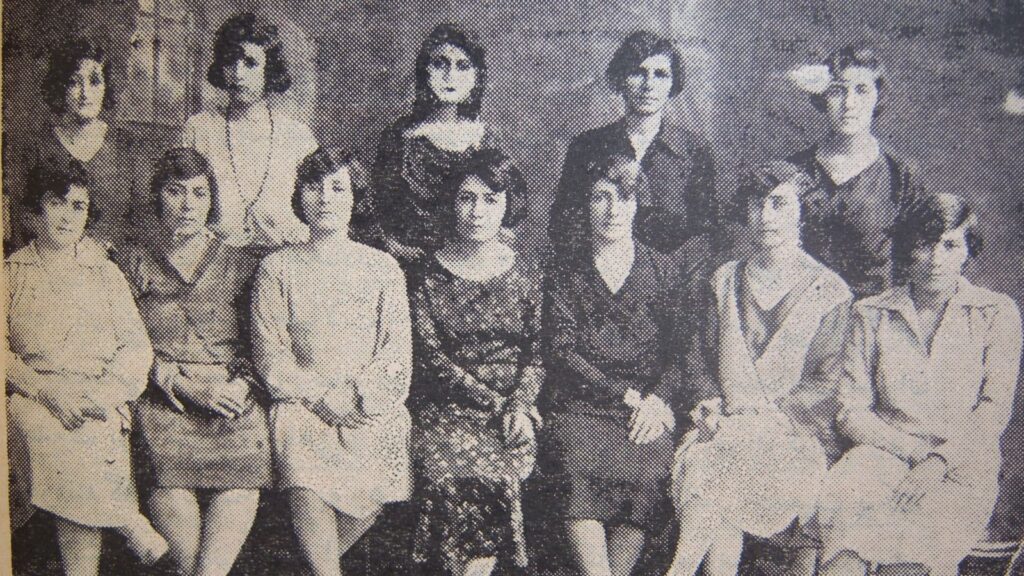
Since the 1979 Islamic Revolution, Iranian women have engaged in activism against the imposition of conservative dress codes and other restrictive laws. Despite facing severe penalties, these women continue to use social media and public protests to challenge oppression. Religious police patrol the streets of Iran, and their presence puts the lives of those willing to fight for their fundamental rights at risk.
The #MeToo Movement
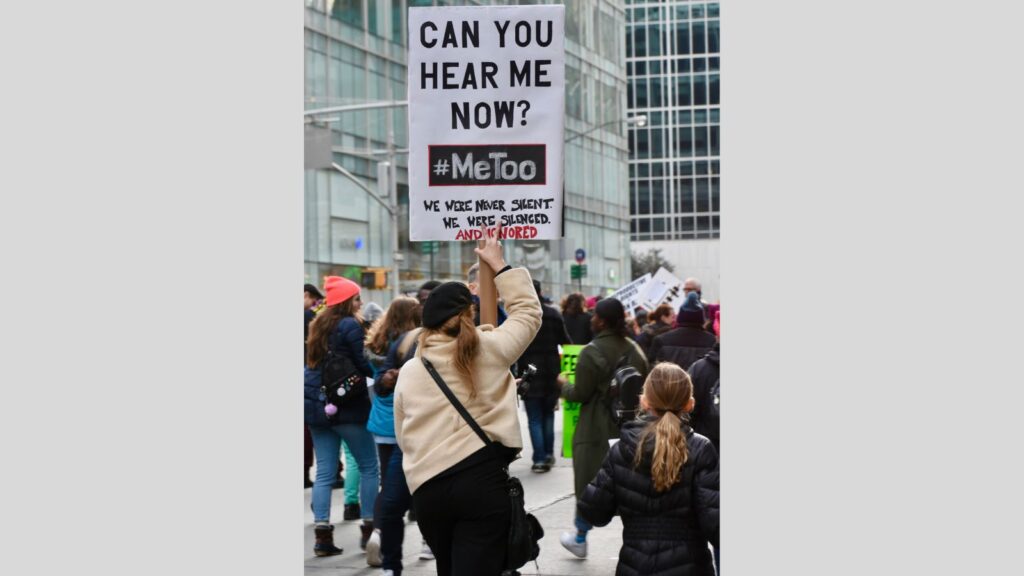
The #MeToo movement has grown into a worldwide campaign against sexual assault. It started as a hashtag on Twitter, where women told their stories of sexual harassment and abuse. It has led to high-profile resignations, legal battles, and a wider recognition of the struggles women face in everyday life.
The Green Belt Movement (Kenya)

This grassroots movement, led by Nobel laureate Wangari Maathai, encouraged women to plant trees to combat deforestation. It empowered and educated Kenyan women by linking environmental conservation to economic stability and community well-being. The movement has expanded worldwide and not only combats the issue of women’s rights but also environmental racism.
The Night of the Barricades (France)

During the May 1968 protests in Paris, student activists fought against the segregation of men and women in university dorms. Female students from the University of Paris helped to erect barricades in the city and used it as an opportunity to express their discontent at the repression of their sexuality. The protest was later joined by workers, and Charles de Gaulle even met with military commanders to request their support if the students took over Paris.
The Women's Rights Project (USA)
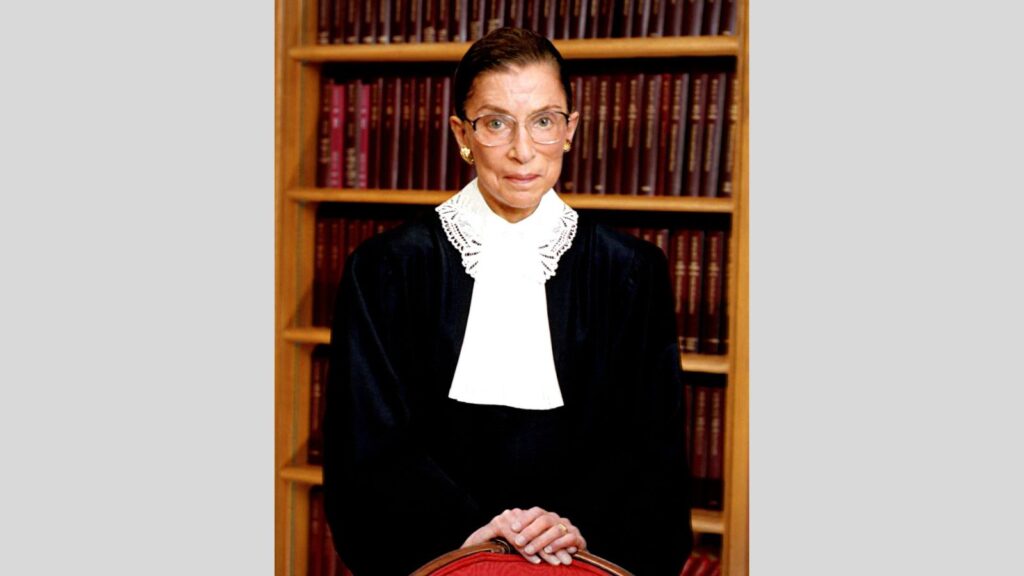
Under the leadership of Ruth Bader Ginsburg, the Women's Rights Project of the American Civil Liberties Union fought legal battles that ended discrimination on the grounds of gender. Ginsburg later became the only female justice on the Supreme Court between 2006 and 2009, which hardened her resolve to uphold all the laws she had fought for.
The ANZAC Day March (Australia)
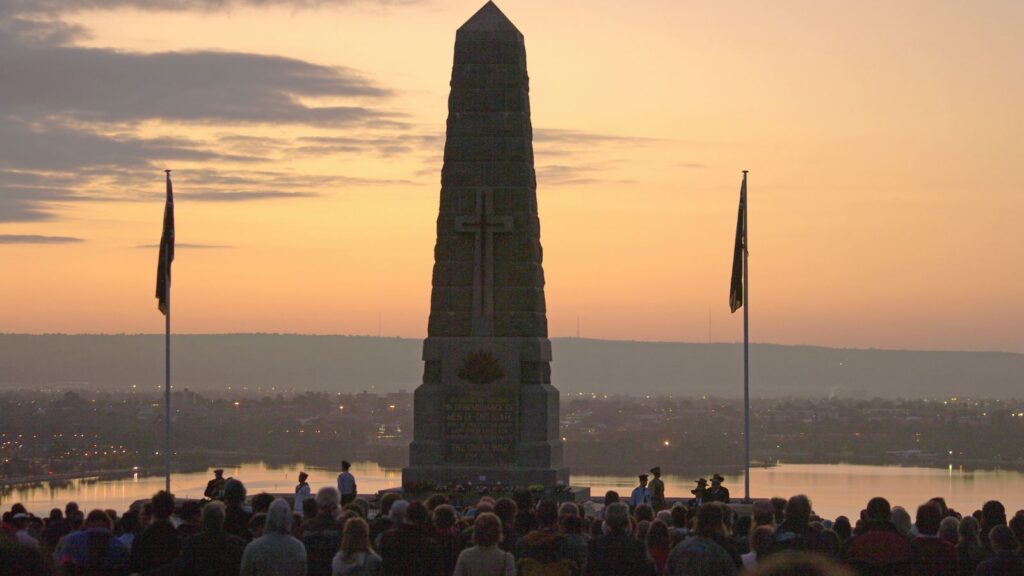
In 1981, for the first time, female veterans were allowed to march in the ANZAC Day parade, recognizing their service and contributions during wartime. The marches also saw feminists protest against the use of rape as a weapon during war.
The Grunwick Strike (UK)
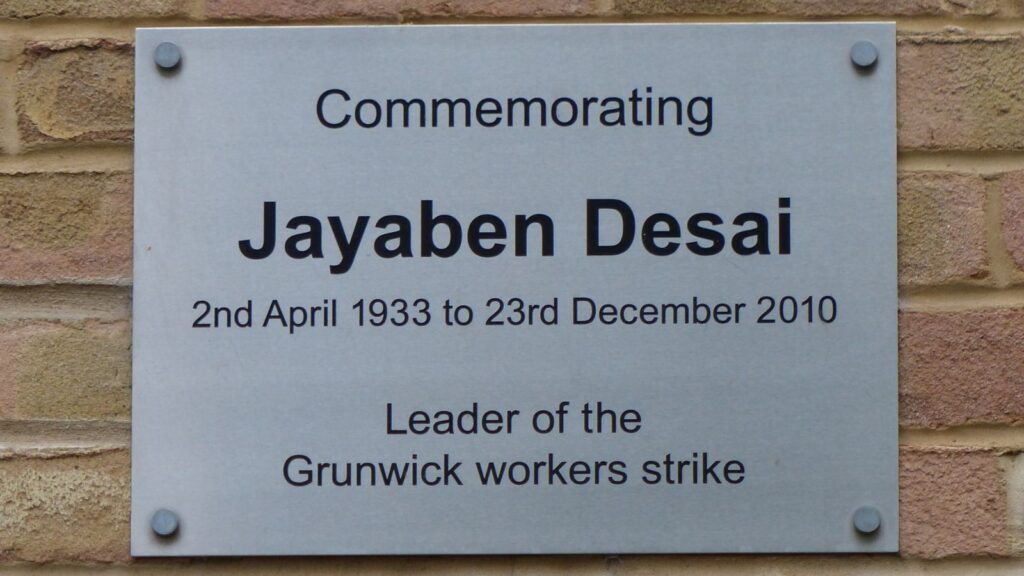
Led by Jayaben Desai, the Grunwick Strike in 1976 saw South Asian women workers in London demand better working conditions and the right to unionize. The workers were taken advantage of by a film processing laboratory that used the poverty and desperation of the women to not pay them a fair amount. White working-class men later joined the strike, and it is seen as a turning point in race relations in the United Kingdom.
The Black Feminist Movement (USA)
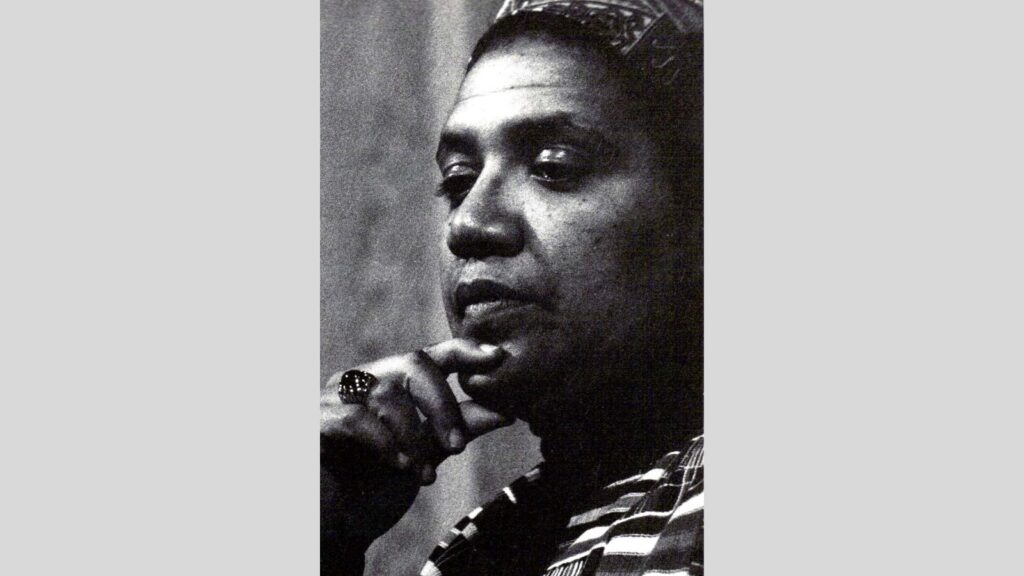
This movement emerged to address the unique challenges faced by Black women who experienced both racial and gender discrimination. Activists like Angela Davis and Audre Lorde argued that feminists need to recognize race and class when discussing discrimination. Feminist movements are often white and middle class and lacking experience in how discrimination is not just about gender, but many different factors.
30 Traditional Sayings That Are Now Considered Offensive by Woke Culture

30 Traditional Sayings That Are Now Considered Offensive by Woke Culture
21 Habits Often Associated With Having a Lower Social Status

21 Habits Often Associated With Having a Lower Social Status
25 Social Issues Gen Z are Determined to Cancel

